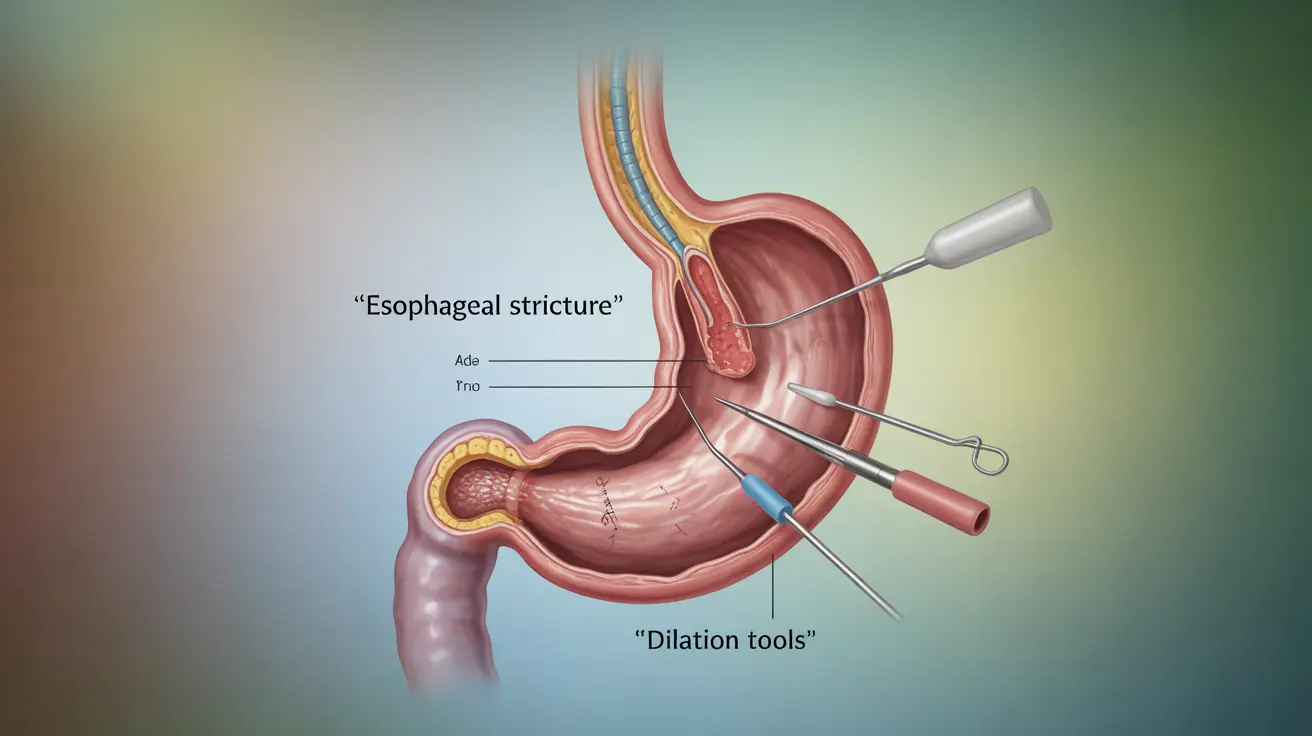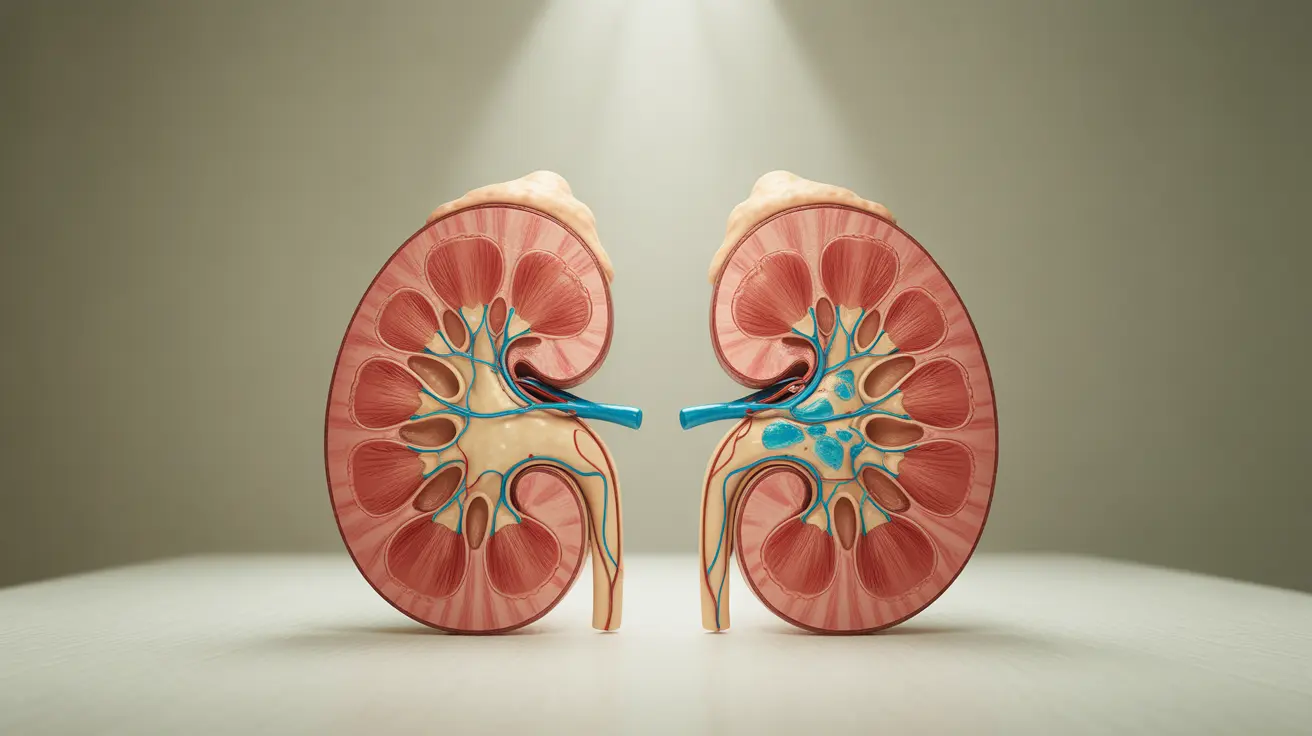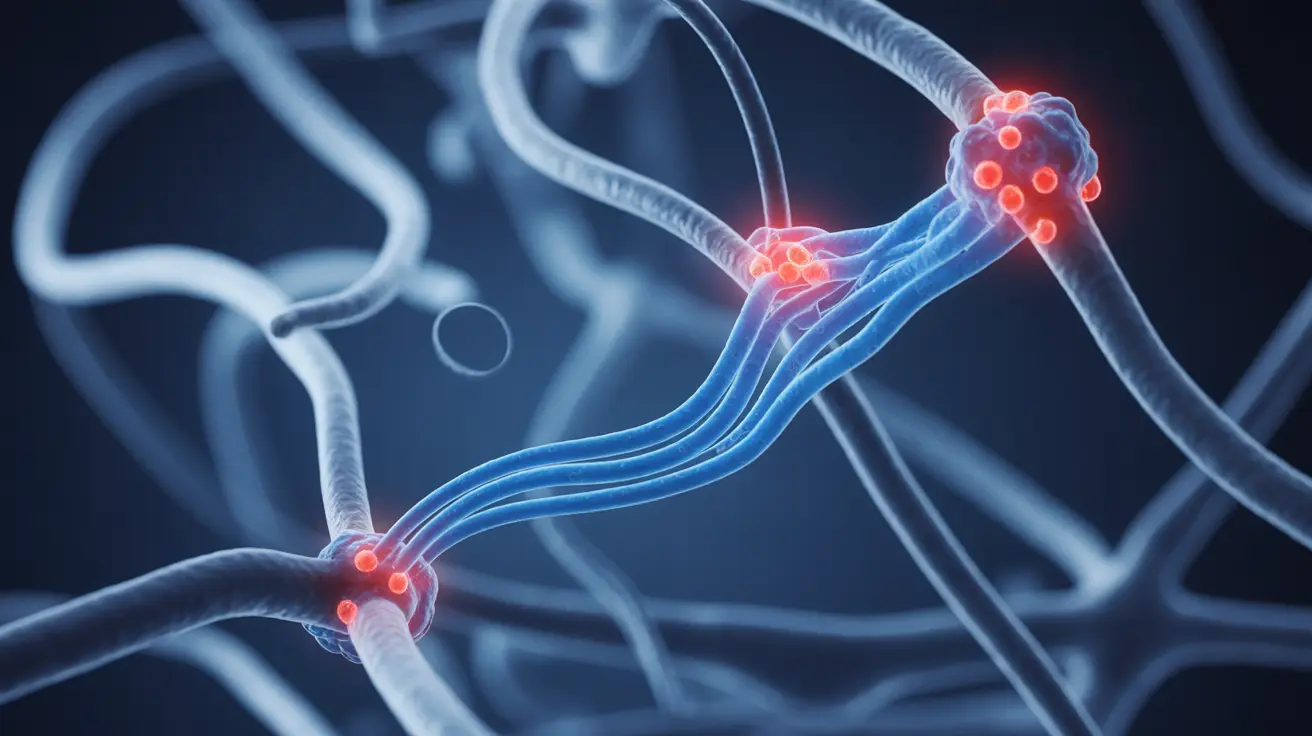Drug use, particularly cocaine and other stimulants, can have severe and potentially life-threatening effects on heart health. Understanding the signs of heart damage from drugs is crucial for both medical professionals and individuals at risk, as early detection can lead to better outcomes and potentially save lives.
This comprehensive guide explores the various ways drugs can damage the heart, common warning signs to watch for, and important considerations for treatment and prevention.
Immediate Signs of Drug-Related Heart Damage
Drug-induced heart damage can manifest through several immediate warning signs that shouldn't be ignored:
- Chest pain or pressure
- Irregular heartbeat or palpitations
- Shortness of breath
- Excessive sweating
- Severe anxiety
- Dizziness or lightheadedness
These symptoms may appear suddenly during or shortly after drug use and require immediate medical attention, as they could indicate an impending heart attack or other serious cardiac event.
Silent Heart Damage and Detection Methods
Not all heart damage from drugs presents with obvious symptoms. Sometimes, the damage occurs silently over time, making detection more challenging. Modern diagnostic tools that can help identify hidden heart damage include:
- Advanced cardiac imaging (MRI, CT scans)
- Specialized blood tests for cardiac markers
- Stress echocardiograms
- Nuclear medicine studies
Understanding the Mechanism of Drug-Related Heart Damage
Drugs, especially stimulants like cocaine, can damage the heart through multiple mechanisms:
- Coronary artery constriction
- Increased blood pressure and heart rate
- Enhanced blood clotting
- Direct toxicity to heart muscle cells
- Inflammation of heart tissue
Special Considerations in Treatment
Treating drug-related heart problems requires specific considerations that differ from standard cardiac care protocols. For instance, certain medications commonly used for heart problems may be contraindicated in cases of drug-induced cardiac issues.
Treatment Challenges
Several factors complicate the treatment of drug-related heart damage:
- Beta-blockers may worsen outcomes in cocaine-related cases
- Increased risk of complications with certain interventional procedures
- Need for specialized approaches to blood clot treatment
- Importance of addressing underlying substance use
Long-term Cardiovascular Risks
Chronic drug use can lead to lasting cardiovascular damage, including:
- Weakened heart muscle
- Chronic high blood pressure
- Increased risk of future heart attacks
- Development of heart failure
- Permanent arrhythmias
Frequently Asked Questions
What are the common signs and symptoms of heart damage caused by cocaine use?
Common signs include chest pain, irregular heartbeat, shortness of breath, and extreme anxiety. Users may also experience sweating, nausea, and dizziness. These symptoms can occur both during use and in the hours or days following cocaine consumption.
How can silent heart damage from cocaine use be detected if standard tests don't show it?
Silent heart damage can be detected through specialized cardiac imaging techniques like MRI and CT scans, advanced blood tests for cardiac markers, and nuclear medicine studies. These tests can reveal damage that might not be apparent on standard EKGs or basic blood work.
Why are beta blockers not recommended for treating heart problems linked to cocaine use?
Beta blockers can actually worsen outcomes in cocaine-related heart problems because they block only the beta receptors, leaving alpha receptors unopposed. This can lead to increased coronary artery constriction and potentially dangerous blood pressure elevations.
What are the risks and complications of treating cocaine-related heart attacks with stents or clot-busting medications?
Treatment with stents or clot-busting medications carries increased risks in cocaine users due to enhanced blood clotting, vessel spasm, and potential bleeding complications. These interventions require careful consideration and modified approaches in the context of cocaine use.
How does cocaine use increase the risk of heart attacks and long-term cardiovascular damage?
Cocaine increases heart attack risk by constricting coronary arteries, raising blood pressure and heart rate, promoting blood clot formation, and directly damaging heart muscle cells. Long-term use can lead to chronic cardiovascular problems including heart failure and permanent artery damage.




